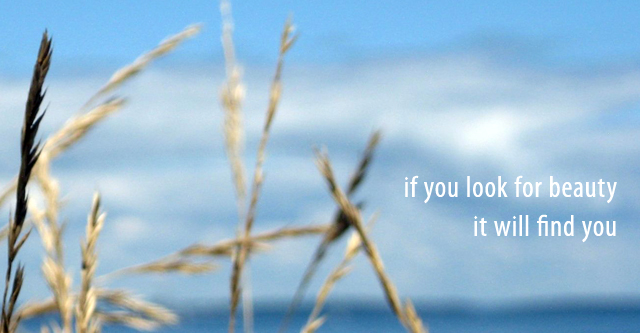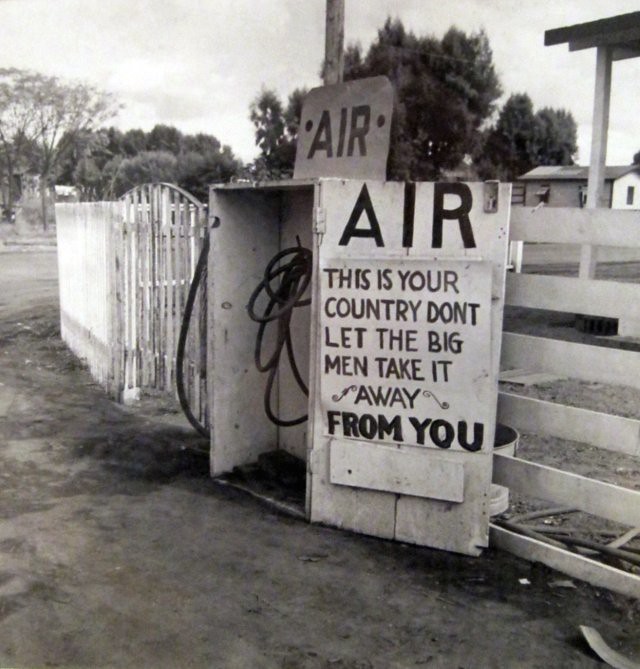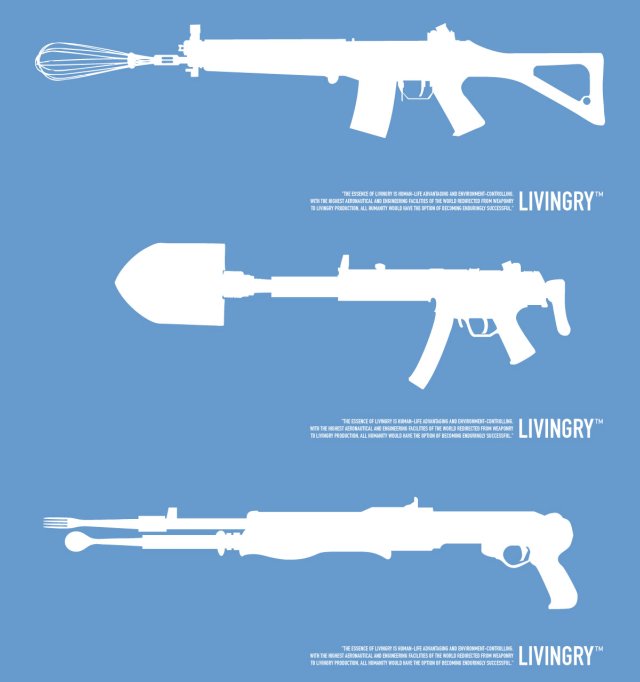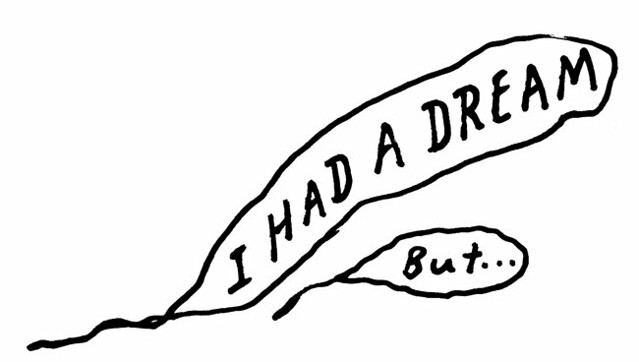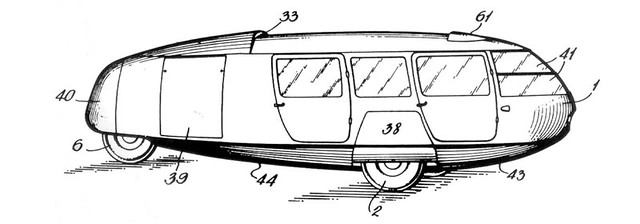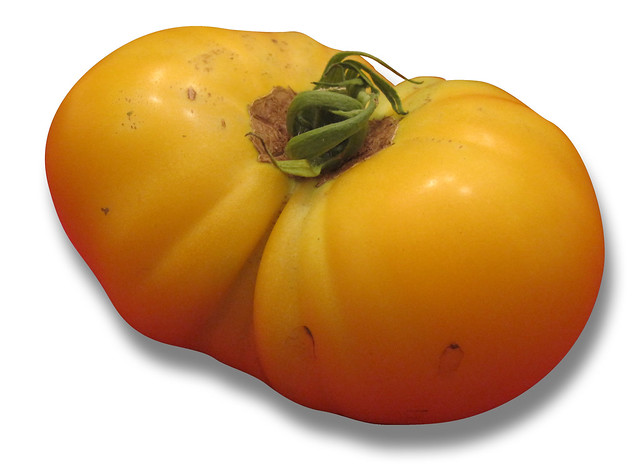The following is an excerpt from a
The Prophet (1923), a book of philosophical poetic essays written by Khalil Gibran.
Wikipedia asserts that Gibran is amongst the most-read poets in history, third behind Shakespeare and Lao-Tzu.
Oftentimes have I heard you speak of one who commits a wrong as though he were not one of you, but a stranger unto you and an intruder upon your world.
But I say that even as the holy and the righteous cannot rise beyond the highest which is in each one of you,
So the wicked and the weak cannot fall lower than the lowest which is in you also.
And as a single leaf turns not yellow but with the silent knowledge of the whole tree,
So the wrong-doer cannot do wrong without the hidden will of you all.
The mass slaughter that occurred in Norway on Friday, including the detonation of a car bomb in a metropolitan area, was perpetrated by a different enemy than most initially suspected. Exposure of the threat
within subverts our collective expectations of, and pat psychological responses to, an
external threat. It seems that without a xeno on which to assign blame, fear, and reaction (such as Islamofascism) we are left with the distressing realization that evil cannot be hunted down, smoked out, or killed with bullets and bombs.
There is no
other - no
them. The killer in you is the killer in me. The better we understand that evil does not visit us in the form of a distinct beast to be exterminated, but as a pulse that continuously runs through each of our hearts, the better equipped we will be to redeem the times. God help us.*
- - - - - - -
*I have to asterisk this, not only because it marks the second consecutive post to end in a prayer of sorts, but also because the topic of God in relation to acts of murderous terror is a touchy one. Some would say the holy text of Islam is intrinsically chauvinistic and violent. Some would be well advised to reread the
Old Testament with new eyes, then consider what it could mean to be a follower of the biblical God in the most literal, fundamental sense.
In the same passage from
The Prophet cited above, the author refers to the "god-self" toward which humanity marches together in procession. This can be read in correlation to the Bible's language about each person bearing the image of God - the perfection of which humanly manifest in Jesus. And we know
he wouldn't massacre defenseless children.

